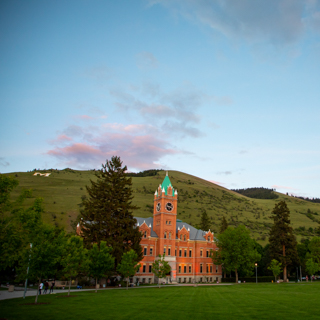The Provost's Distinguished Faculty Lecture Series 2018-19
For the 2018-19 academic year, the Office of the Provost is co-sponsoring two lectures with UM Bridges on the Water-Energy-Food Nexus. We will match UM faculty with thought leaders in the Water-Energy-Food Nexus field for thought-provoking discussion.
Check back soon for speaker names, dates, and times.
All events will be free and open to the public.
